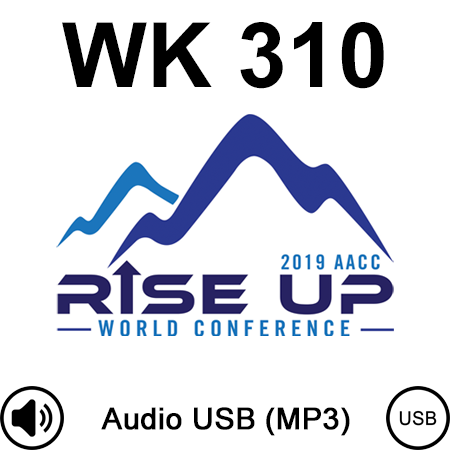Description
Depression and fatigue are among the most reported symptoms of traumatic brain injury (TBI)
survivors. Current research approximates that fatigue is present between 43-73% of survivors,
while depression may be present in up to 76% of survivors. Research Objective: The objective of
the research was to explore the coping and adaptive strategies of adult TBI survivors struggling
with depression and fatigue and, with this knowledge, add to the development of theory
related to rehabilitation and psychotherapy. Design: The design was qualitative
phenomenological. Setting: The participants volunteered to be a part of the research. Main
Outcome Measures: The study identified strategies of proper treatment of depression and
fatigue that would contribute to a more effective rehabilitation experience and have a more
considerable impact on outcomes. Participants: This study included 11 individuals with brain
injury at least three years post-injury who participated in a series of semi-structured interviews
aimed at discovering the coping and adaptive strategies utilized in dealing with the effects of
brain injury, specifically depression and fatigue. Results: The findings indicated problem
focused, emotion focused, and avoidant types of coping were utilized to some degree
throughout the rehabilitation process. Results supported previous research suggesting
counseling, psychological services, and long-term access to supportive community. Conclusion:
Participants offered suggestions for psychotherapists addressing how to more effectively work
with brain injury survivors. Specific psychotherapeutic approaches were recommended to
effectively treat depression and fatigue. This research was published in NeuroRehabilitation
(2016). As part of the presentation, Patti Foster, TBI survivor and author, identifies the coping
and adaptive strategies she developed to effectively manage the deficits of her brain injury.
Presented by: Deanna Adams, Ph.D. & Patti Foster, B.A.
Learning Objectives
Participants will:
- Recognize the prevalence of depression and fatigue in brain injury survivors
- Identify the coping strategies and therapeutic techniques to address depression and fatigue in short-term and long-term clinical settings
- Learn practical solutions to manage depression and fatigue from a TBI survivor who has overcome these issues in her own recovery





